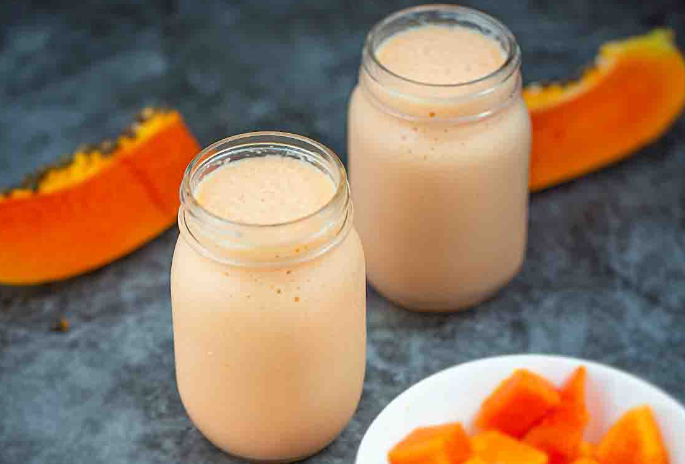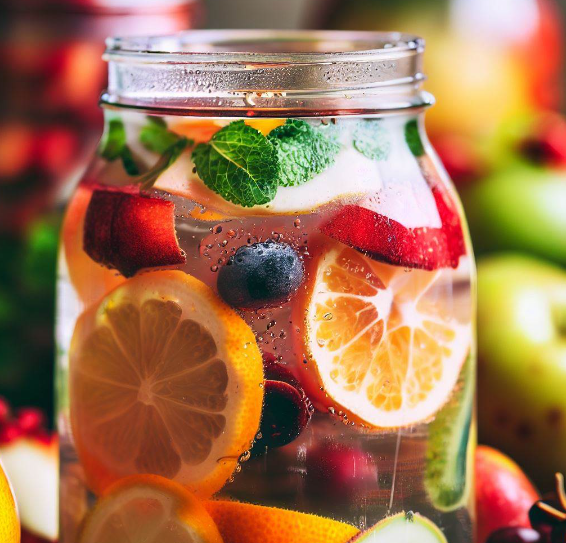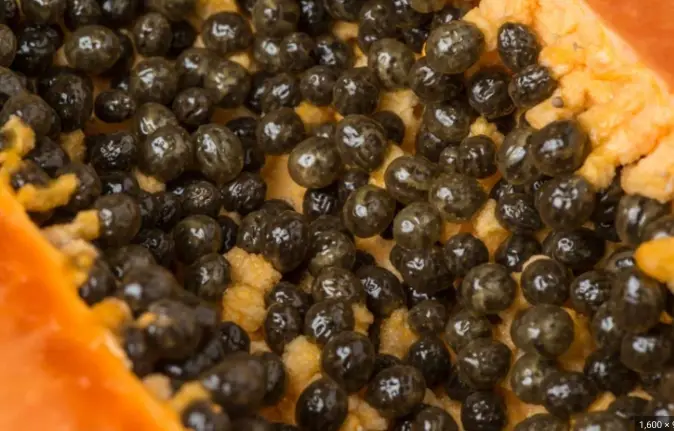Do you get heartburn after eating cucumbers? It can be pretty annoying.
Cucumbers are meant to be good for you and should feel cool and refreshing. But instead, they end up causing that familiar burning feeling in your chest. Why does this happen? Let’s dive into the possible reasons why cucumbers might cause heartburn and how you might deal with this confusing problem.
Table of Contents
- Understanding Acid and Alkaline in Our Bodies
- 5 Reasons Why Cucumbers Might Cause Heartburn
- 1. It’s About the Mix
- 2. Problems with Digestive Enzymes
- 3. Eating Too Many Cucumbers
- 4. Your Body Might React Differently
- 5. Cucumbers and Acid Reflux
- Tips to Handle Heartburn Caused by Cucumbers
- 1. Choose Food Partners Wisely
- 2. Don’t Go Overboard
- 3. Figure Out What Works for You
- 4. Eat Smaller Meals More Often
- 5. Lift Your Head When You Sleep
- Conclusion
Understanding Acid and Alkaline in Our Bodies
First, we need to understand the idea of acid and alkaline balance in our bodies. Think of it like a scale where certain foods can tip the scale towards acid or alkaline. This scale is called pH, and it goes from 0 (really acidic) to 14 (really alkaline). Our bodies try to keep the perfect balance because it’s important for our health.
5 Reasons Why Cucumbers Might Cause Heartburn
Let’s look at five reasons why you might get heartburn from eating cucumbers:
1. It’s About the Mix
Usually, cucumbers themselves aren’t the problem. But when you eat them with certain foods, like tomatoes, spicy peppers, or onions, that’s when the trouble starts. Mixing these with cucumbers can upset the stomach’s pH balance and lead to acid reflux and heartburn.
2. Problems with Digestive Enzymes
Our bodies make special enzymes to digest different foods properly. But if you eat cucumbers with foods full of protein or complex carbs, the enzymes needed to digest the cucumbers might not work as well. This can result in the cucumbers not being digested properly, causing you pain and heartburn.
3. Eating Too Many Cucumbers
Cucumbers are low in calories and fat, but if you eat loads of them, it can still backfire. A too full stomach can push against a muscle that keeps stomach acid from going up the wrong way. If that muscle gets too stretched, acid might sneak back up and give you heartburn.
4. Your Body Might React Differently
Some people’s stomachs might be extra sensitive to certain things in cucumbers, like cucurbitacin and tannins. This doesn’t happen to everyone, but for some, it can irritate the stomach and cause heartburn.
5. Cucumbers and Acid Reflux
If someone already has problems with acid reflux, eating cucumbers might make the symptoms worse. This condition happens when the muscle that’s supposed to keep stomach acid down doesn’t do its job well, and food like cucumbers might make it act up even more.
Tips to Handle Heartburn Caused by Cucumbers
Now that we’ve looked at the reasons for heartburn from cucumbers, here’s what you can do to prevent it:
1. Choose Food Partners Wisely
Watch what you eat with cucumbers. Stick to foods that don’t cause you heartburn, and avoid mixing cucumbers with things that are acidic or give you trouble.
2. Don’t Go Overboard
Cucumbers are great, but don’t eat too many. Have them in moderation to keep your stomach happy and avoid putting too much pressure on that all-important muscle that keeps acid where it should be.
3. Figure Out What Works for You
If you think cucumbers are causing heartburn, write down what you eat and how you feel afterward. This way, you can see if cucumbers really are the problem.
4. Eat Smaller Meals More Often
Try to eat little amounts more often instead of big meals. This can make it easier for your stomach and help keep heartburn away.
5. Lift Your Head When You Sleep
If heartburn bothers you a lot, try sleeping with your head raised up a bit. This can keep acid from moving up your throat and help you sleep better.
Conclusion
Even though cucumbers can be really good for you, they might cause heartburn for a few different reasons. It could be the way they mix with other foods, how our digestive enzymes handle them, eating too many, personal sensitivities, or existing acid reflux problems.
If you’re careful with how you eat cucumbers and listen to your body, you might be able to enjoy them without feeling that burning in your chest. Try out these tips and see if they help!









